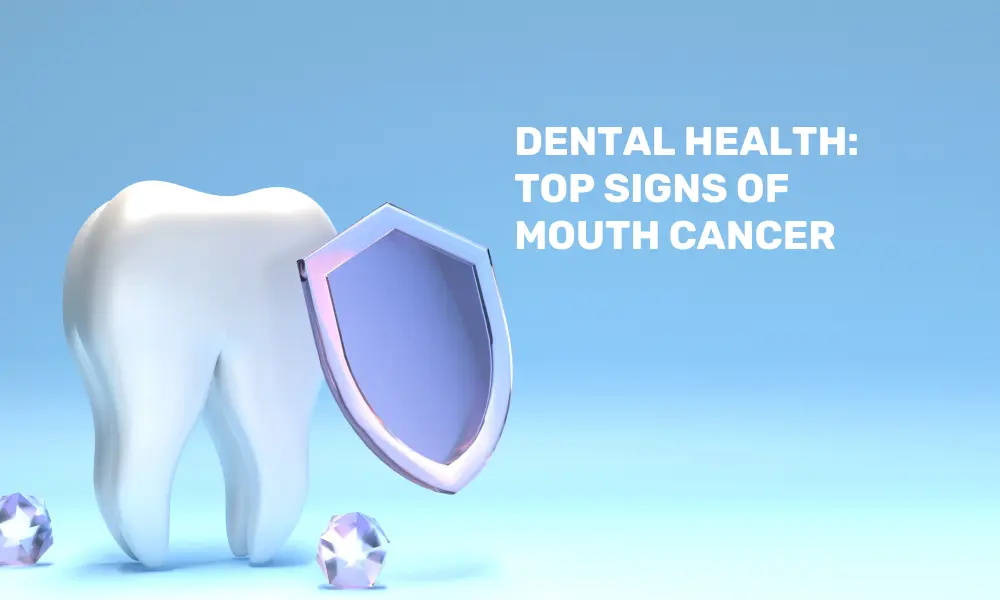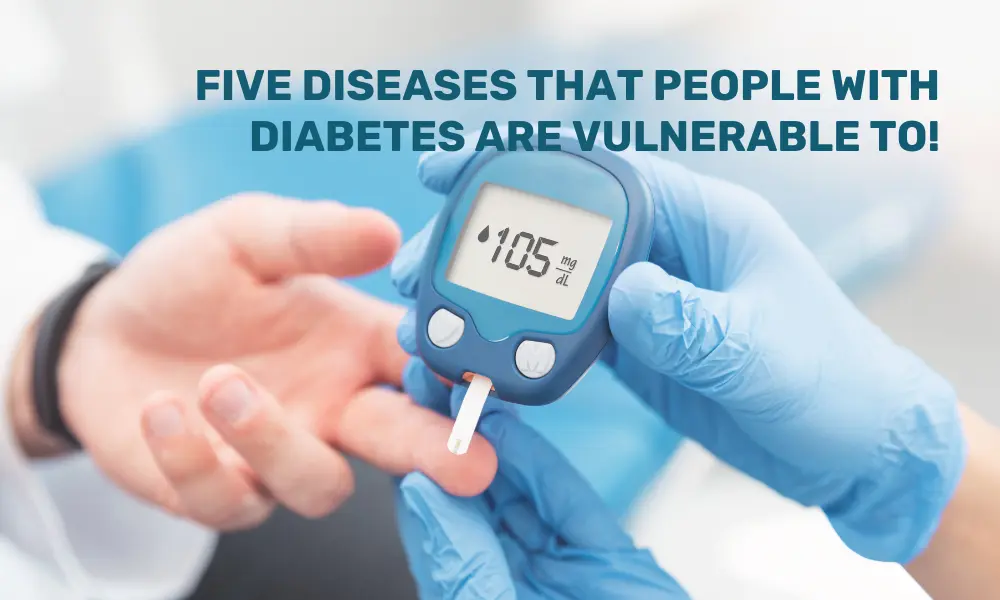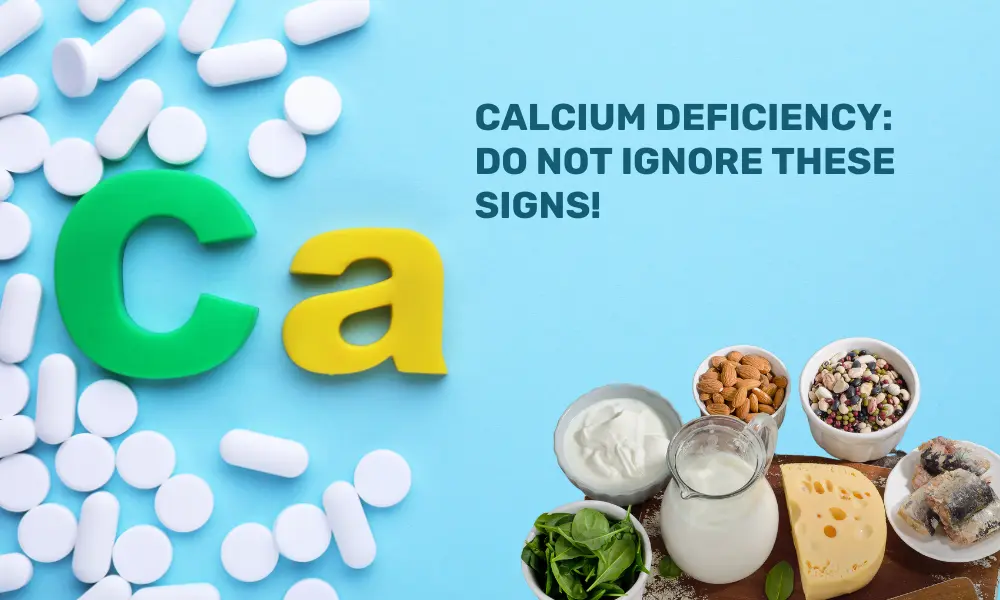Mouth cancer, among many other kinds of cancer, can be highly preventable with lifestyle modifications and getting rid of bad habits, including chewing tobacco, drinking alcohol, or smoking cigarettes. Also known as oral cancer, it forms in the oral mouth cavity, which includes all parts of your mouth, be it lips, gums, tongue, cheeks, and roof of the mouth.
The abnormal growth of the cells in the mouth can be prevented by taking care of mouth hygiene by way of proper cleaning, be it brushing teeth, flossing, or replacing toothbrushes from time to time. The sixth most common cancer across the world, mouth cancer affects more men than women due to their addictive habits of chewing tobacco, supari, or pan masala.
In addition to being the sixth most frequent cancer worldwide, mouth cancer is one of the most common among Indian men. This is significantly associated with tobacco chewing habits and also chewing of a number of substances readily available in our country, including supari, pan masala, and other related items.
Signs of mouth cancer that can be seen in Teeth
Undefined infection around teeth and gum
An individual’s dental health can be impacted by loose teeth, an ulcer encircling the jaw, swollen gums, jaw swelling, or occasionally excruciating pain that will not go away. What one must realize is that the infection should be treated without wasting any time. Therefore, a person with long-term chewing habits who has an undefined infection around the gums and teeth is advised to go to an expert who can perform an extraction and treat it further.
Cancer due to sharp teeth that can injure tissues in the mouth
A poor dental condition can also cause cancer. This is caused by cavies teeth – teeth that are sharp and teeth that injure the tissues in the mouth. Now, this can be true for the tongue as well as the teeth. There are signs that are typically connected to cancer of the gums or jaw. We also need to be aware of the symptoms and how they relate to dental conditions. These are the signs that are typically connected to cancer of the gums or jaw. Thus, the most crucial consideration is whether there is a sore that hasn’t healed in a very long time.
Other signs of mouth cancer
Here is a detailed list of symptoms that can indicate mouth cancer.
-
Persistent mouth sores: Mouth sores or ulcers that don’t heal could be indicative of oral cancer, emphasizing the importance of regular dental check-ups.
-
Lumps or masses: Any persistent lumps or masses in the neck, throat, or mouth require immediate attention, as they could be indicative of cancerous growth.
-
Chronic bad breath (Halitosis): Unresolved bad breath despite good oral hygiene may be a sign of oral tumors in the tongue or jaw.
-
Changes in voice: Noticeable changes in voice quality or hoarseness for a prolonged duration can be indicative of nasal, nasopharyngeal, laryngeal, or vocal cord cancer.
-
Difficulty moving the jaw: Tumours affecting the bones, muscles, or nerves of the head and neck region can lead to difficulty in opening the mouth, known as trismus.
-
Difficulty swallowing: Difficulty or pain while swallowing, foreign body sensation, and regurgitation of undigested food may be indicative of throat or esophageal cancer.
-
Dental changes: Spontaneous tooth loss, loose teeth, or ill-fitting dentures can serve as indicators of jaw cancer.
A sore that is not healing
One must do a diabetes check, and if no other reason is found, one must get a biopsy done for a sore that does not heal.
Additionally, the tooth needs to be treated if all other options are exhausted. It is necessary to think about getting a biopsy if the sore does not heal. These sores ulcers are painless and can progress in size without pain. A slight discomfort may occur if there is an infection linked to the ulcer.
So, one has to look at signs of a swelling ulcer, a non-healing ulcer with extreme suspension, especially in a person with poor dental and chewing habits. A person who has restricted mouth opening due to a condition called oral Submucous fibrosis has to be monitored.
One should seek expert advice and go for a proper diagnosis, and should not ignore an ulcer that doesn’t heal and, of course, go for a dental extraction for a loose tooth if it is in the presence of a suspicious bed of tissue.
The bottom line is that early detection serves as a fundamental pillar in the ongoing battle against mouth cancers, a diverse category of malignancies impacting vital areas like the mouth, throat, nose, and sinuses. The ability to identify subtle signs and symptoms proves paramount, offering a window for timely intervention that can potentially enhance treatment outcomes and overall prognosis.





